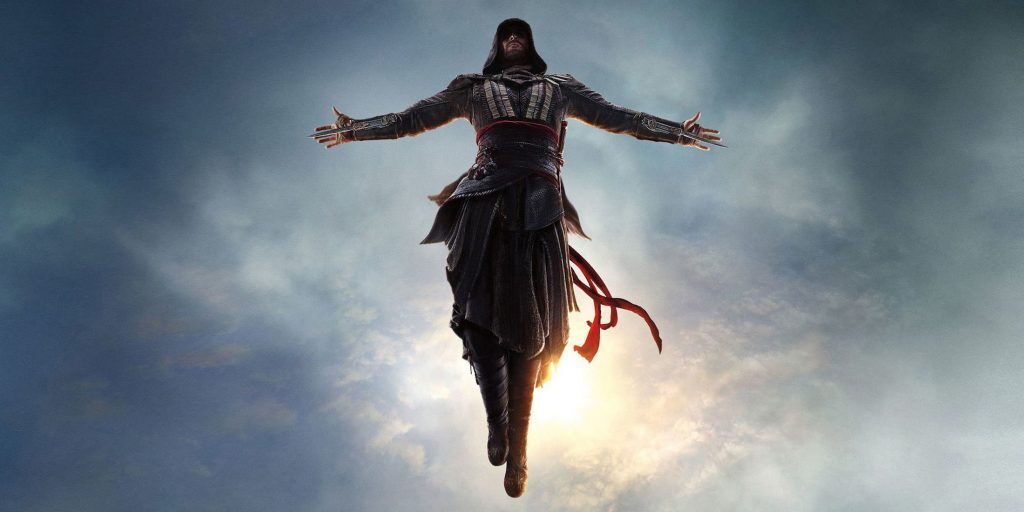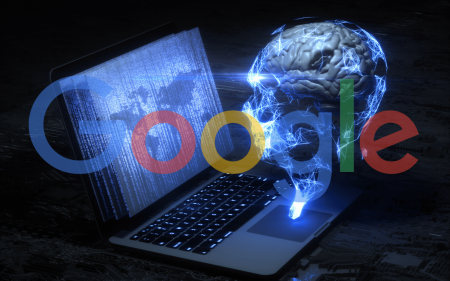Last week, Hollywood blockbuster film director and lens-flare enthusiast J.J. Abrams mentioned in passing that the movie adaptation of Valve’s Portal series was “on the rails”.
This, one can take as meaning, is the Portal movie it’s more of a reality than it was when Abrams first mentioned it on stage with Valve’s Gabe Newell at the DICE summit back in 2013.
As much as it may me sound like a curmudgeon, the news of an impending Portal movie left me completely cold. The reason for this is because Hollywood’s past attempts to adapt gaming IPs to the silver screen, to put it diplomatically, has left a lot to be desired – and not for the reasons anyone reading this may initially think.
Hollywood’s spotty gaming track-record
Look, this isn’t going to be a laundry list of the below-par films based on games that have seen release in the past. It’s also not going to be some screed decrying the efforts of Uwe Bohl. Life is too short for that.
I’d even go so far to say that Hollywood has actually released some rather decent movie adaptations of gaming IPs – Ratchet & Clank, Tomb Raider, Detective Pikachu and Warcraft (shut up, I liked it) among them.
What I want to ask is this: has the experience of watching a Hollywood movie based on a video game ever compared really to playing the source material?
Take the above example, Portal.
Do any potential audience members for J.J. Abrams’s forthcoming adaptation of Valve’s spatial-bending puzzle game think they’ll have as much fun watching an actress playing Chell navigate the deathtrap-laden corridors of Aperture Science’s laboratory maze, than they would if they just booted up the game and played it themselves.
One of the reasons Portal works so well is because it’s a game; it tells a fantastic story while delivering an experience that, before it, players hadn’t gotten to grips with. The same could be said in part for its sequel, which took everything about its predecessor that worked and went wide-screen.
Take away the gaming element from either and what have you got? A decent story, sure, but one that players have seen before minus the tantalising thrill of solving puzzles themselves.
More adaptations on the way
This is a complaint one could easily aim at a number of Hollywood game films that have been announced or are currently in the pipeline.
The most obvious of these is the Uncharted film starring Tom Holland that’s slated for release next year. Look, Holland’s a fine choice for Nathan Drake (now that it’s clear Nathan Fillion isn’t getting the role) and it’s clear from stills from the movie set he certainly looks the part. But if the plot of the new film sticks to those of the game series, it’s thrice-ploughed ground without the interactive element. And if the story is brand spanking new, it’s essentially going to be a High Adventure story set in exotic locations. Why tether it to a gaming franchise? Why not come up with a new, studio-owned IP?
On top of this, sometimes when movies are faithfully adapted from gaming properties, the silver screen version throws the silliness of the games’ plots into sharp relief. Silent Hill, for example, was a very faithful reading of Konami’s once great horror franchise. Can anyone remember what the hell was going on in it?
The more recent Assassin’ Creed movie starring Michael Fassbender was bang on; everything from the Animus to Abstergo to the piece of Eden that could end humankind’s collective will was there and it was just as daft as the present day narrative presented in the games. The best parts – as is the case with the games – were set in the past, and once again, didn’t compare with the experience of piloting a cowled killer across rooftops and taking a Leap Of Faith.
Maybe series-length adaptations are the way
What the best narrative-driven games offer, which can’t really be replicated in the window of time offered by movies is narrative depth and with most games this can be stretched out over an experience that lasts anywhere between 10 to 30 hours and beyond. You can’t compress that into 90 minutes to two hours without losing something vital.
With that said, maybe, if Hollywood – or these days more realistically the likes of Netflix, Amazon, Showmax or any other streaming service – want to adapt gaming IPs, then series-length offerings are the way to go. After all, The Witcher on Netflix was ace. We’re really looking forward the The Last Of Us. And we would watch the hell out of a series based on Horizon Zero Dawn.




